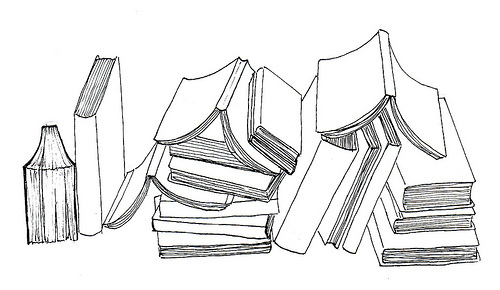
While many Literary Studies classes for the fall semester are fully enrolled, there are some exciting classes that still have availability. Here are some... Read More
The Literary Studies department is proud to announce the inaugural Robin Mookerjee award, which will honor a student whose creativity and passion for literature have some... Read More
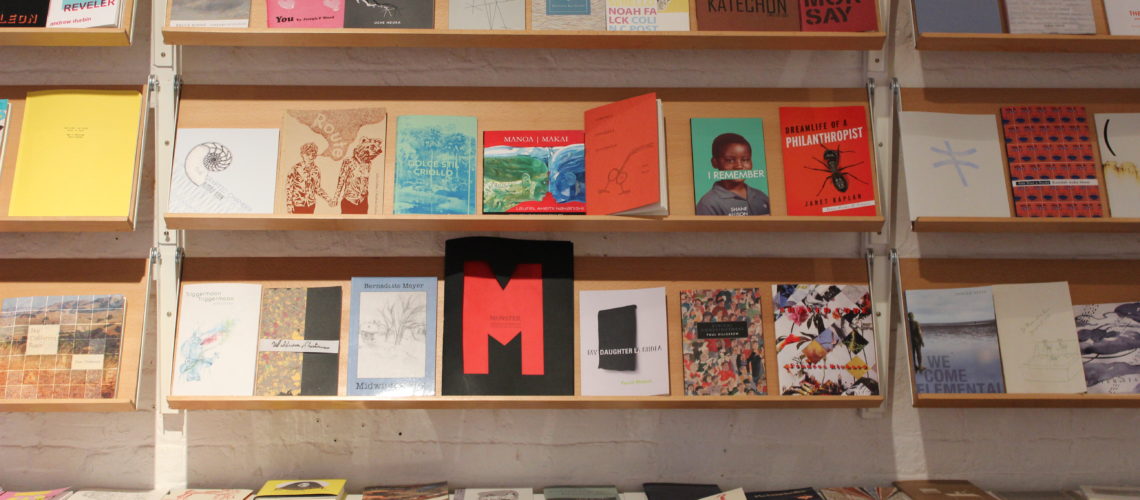
You’re invited to a Lang Poetry event in DUMBO Friday, May 5th at 5pm! Let’s celebrate the almost end of the semester and hang... Read More
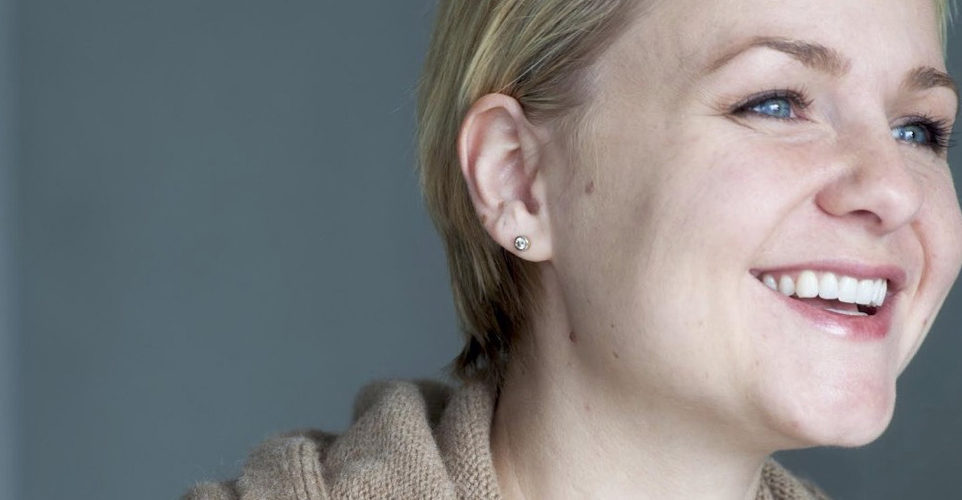
Rufi Thorpe (Class of 2006, Eugene Lang College) received her MFA from the University of Virginia in 2009, and is the author of two... Read More
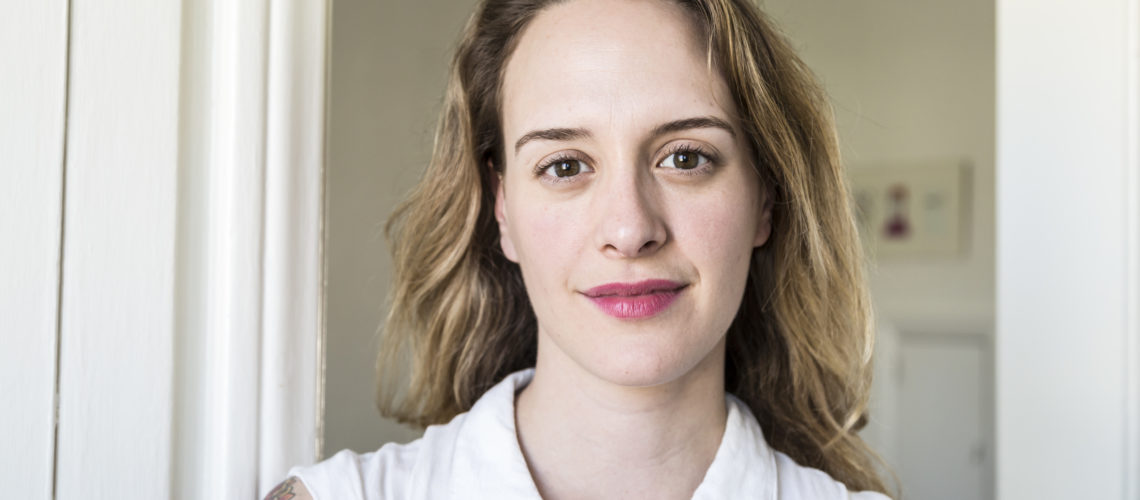
Emily Gould (Class of 2004, Eugene Lang College) is the author of a memoir ( And the Heart Says Whatever , 2010) and a... Read More

Claudius Speaks is accepting submissions for our Spring 2017 issue: Flight. Claudius Speaks is a platform for emerging voices to challenge the mind and move the heart. They seek personal... Read More
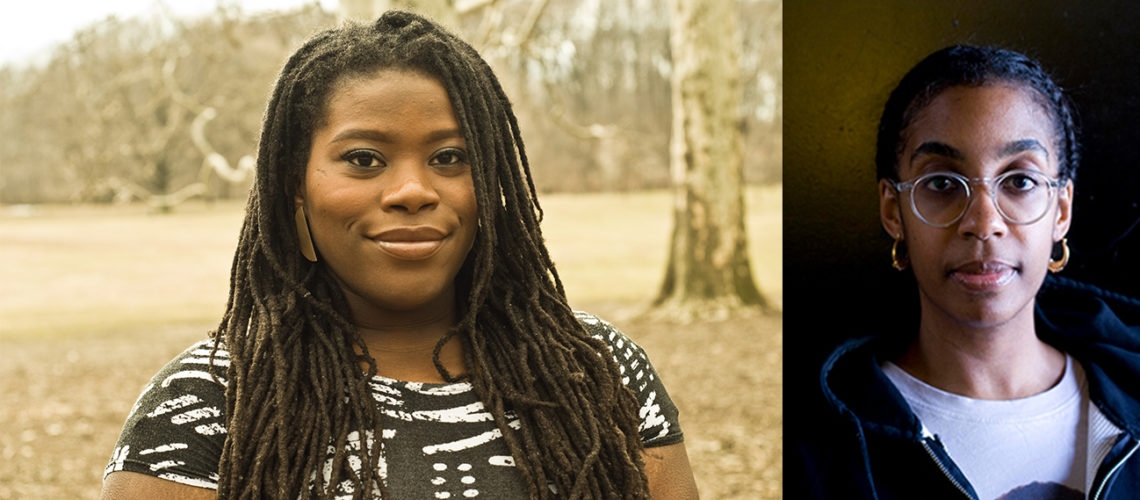
Literary Studies is thrilled to announce that poet Simone White, a Visiting Assistant Professor of Literary Studies, and novelist Kaitlyn Greenidge, who will be joining... Read More
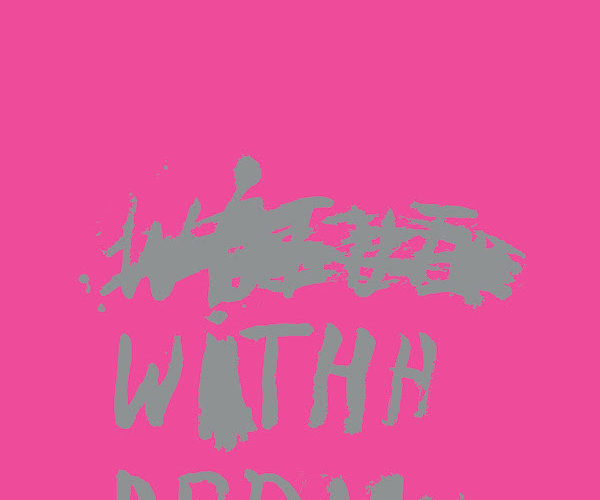
Composed between 2009-2012, Thom Donovan’s Withdrawn engages a social and political landscape through a densely speculative and intertextual lyricism. Proceeding through dedication and interlocution, the poems are... Read More
Composed between 2009-2012, Thom Donovan’s Withdrawn engages a social and political landscape through a densely speculative and intertextual lyricism. Proceeding through dedication and interlocution, the poems are ones of encounter (with art works, with specific individuals and communities, with social configurations and political events) where friendship, sociality, and politics interarticulate one another. Not unlike Arthur Rimbaud’s poetry in relation to the Paris Commune of 1871, the poems in the second half of the book write through the Occupy movement, resulting not so much in ‘Occupoems’ as meditations on a collective enunciation in the midst of its emergence. These poems might be said to be “meta-political” (or “meta-social”) inasmuch as they are reflections on the potential for (as well as the failure of) sociopolitical subjects to come into being. Through the proper name, others are called into urgent relation, an expression of both the actual (the world as it is) and the prefigural (the world as one would want it to be). In its non-discursive nproclivities, poetry withdraws from meaning, taking flight into prosody (stress, sonority, noise) to record a politics without a proper locus—anterior, preposterous, post-expectant.
Excerpts from Withdrawn: a Discourse (Shifter 23):
Let’s remember that singing is the most complete of the physical endeavors, it unites body and soul like nothing else—this is why it started on the fields, there, where the spirit evaporates under the fusion of the temperature of the air and the pain of the body, and in the interstices, a strange feel of freedom takes place. What keeps Thom’s world convincing is his profound conviction that “the possible doesn’t end with words”. But we have words (most often, nothing else) and we use them, some of us, capable of doing it, create songs, “songs the object, and songs the subject”, and ripples are sent, going the goddess knows where!
—Etel Adnan
I still don’t know how to talk about Withdrawn, but I want to say that it mystically catches us “Dreaming when we cannot see / Waking from the archive again.” That it is here Thom’s complicated we that itself is the archive: we, unaddressable, in an inverted state of apocalyptic address. We, the bodies in whom all speaking is dispersed. In the face of a total vacuum of meaning, Withdrawn asks, “Who will resurrect / What we could not feel / The first time?” Bearing witness to “The way this tear in the eye / Becomes commodity,” it begins to propose the structures of a sadness beyond the reach of commodity. To “The mind bludgeoned / By a force without grace,” it offers the specter of a world where the relationship between grace and force has been reversed.
—Ian Dreiblatt
How do we orient ourselves, or fail to orient ourselves, in a moving and ever-changing surround? What are the conditions that withdraw us from any grasp of the society in which we live? How to find a pathway that leads forward, and not back, or worse, around in circles? These questions gripped me physically last week, behind the wheel. And I find myself asking them once again today, while reading Thom Donovan’s book of poems, entitled Withdrawn—a book in which I am somehow encrypted, and which I perceive as a subjective refraction of the experience of an entire political generation, those who traversed the Occupy movement. Faced with the demand to respond to the book, I wonder about the “post-expectant” moment in which Thom’s feeling of self now seems to be situated.
—Brian Holmes
Y’all miss each other, together, in the emergency. Gon’ sit in with y’all so we can miss each other at practice. Let’s practice missing each other, together, until, together, we don’t miss each no more. Then we just together. We just get together, then. It’s like we just finally get our shit together. Love just interinanimates our souls in communal luxury. We all we ever wanted.
—Fred Moten
Support Compline by preordering Withdrawn and r
Preorder Withdrawn here!
Compline
2556 Frances Street
Oakland, CA 94601
compline.tumblr.com
While many Literary Studies classes for the fall semester are fully enrolled, there are some exciting classes that still have availability. Here are some details:
LLSL 2418, CRN 6070: American Lit 1620-1850
Instructor: Mark Greif
Meeting: TR 01:50 pm – 03:30 pm
Professor Greif is one of the co-founders of the intellectual and literary journal n+1 and has been a principal at the magazine since then. His recent collection of essays, Against Everything (2016), was a finalist for the National Book Critics Circle Award in General Non-fiction.
LLSL 2663, CRN 4523: Intro. to English Poetry
Instructor: Elaine Savory
Meeting: TR 10:00 am – 11:40 am
This course introduces students to close analysis of poems, as well as following the development of Anglophone poetry from just before the time of Shakespeare to the end of the Romantic period.
Professor Savory has written two books on Jean Rhys (both with Cambridge University Press) and co-edited Out of the Kumbla, the first feminist collection of essays on Caribbean Literature. She is currently editing a “lost” West Indian novel, and completing a monograph on elegiac poetry “in the shadow of empire.”
LLSL 3372, CRN 6073: Crime and Salvation; Dostoevsky and Tolstoy
Instructor: Inessa Medzhibovskaya
Meeting: MW 11:55 am – 01:35 pm
Professor Medzhibovskaya received her PhD in Slavic Languages and Literatures from Princeton University. She has widely published on Tolstoy and has also written on Pushkin and the interplay of philosophy and literary aesthetics. She’s currently working on Tolstoy in the Twentieth Century, a monograph for Princeton University Press.
LLST 3016, CRN 6038: Reading for Writers: Non-Fiction. Queer Narratives
Instructor Alexander Halberstadt
Meeting: F 09:00 am – 11:40 am
Alexander Halberstadt is author of the forthcoming Young Heroes of the Soviet Union, a memoir, and Lonely Avenue: the Unlikely Life and Times of Doc Pomus. His writing has appeared in The New Yorker, The New York Times Magazine, GQ, Food & Wine, New York, Grand Street, The Paris Review and elsewhere.
NWRG 5951, CRN 4811: Literary Translation Workshop
Instructor: Val Vinokur
Meeting: W 3:50 pm – 6:20 pm
This course fulfills an RFW or Secondary Genre requirement for Lit Studies. It introduces students to the art of literary translation and gives them the opportunity to workshop their own projects. It is open to graduate and advanced undergraduate students working in any genre, so long as they have advanced reading proficiency in their source language and fluency in the target language (English).